The cricket bat-maker: 'People don’t believe it takes so much to achieve the final product. We don’t want to rush anything'
Andrew Kember has a huge waiting list of people clamouring for his Salix cricket bats, but he insists on keeping his operation just the way it is. He explained why to James Fisher.
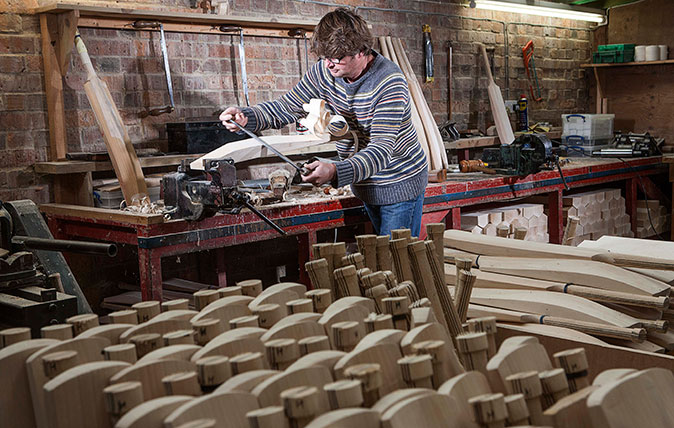

‘The success of any small business relies on making something to a tremendously high standard,’ says Andrew Kember. ‘After that, everything falls into place.’
He should know, because, in 1990, he set up the Salix Cricket Bat Company that, arguably, produces the finest handmade bats in the country.
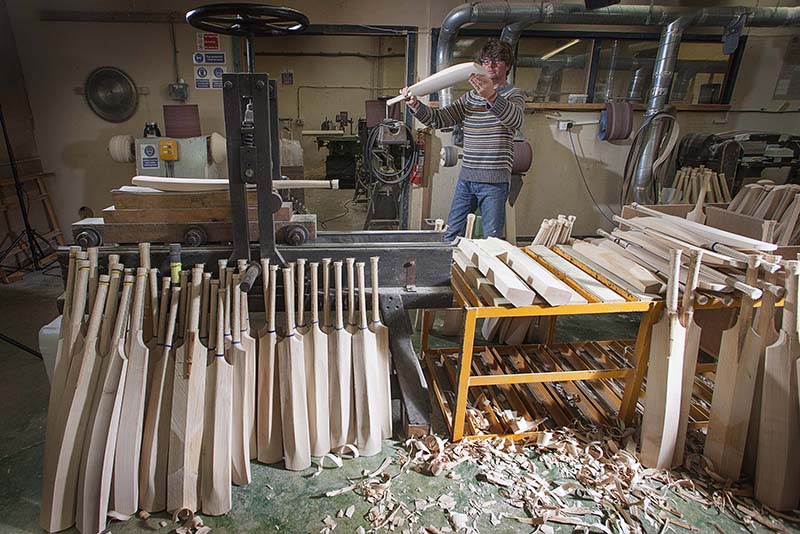
Mr Kember is an avid cricket fan, admitting that it was ‘a love of the game’ that first lured him into the trade, but he also comes from a family of craftsmen – his great grandfather was a wheelwright – and had access to workshops and tools from an early age.
‘Crafting bats was a really good way of combining the two interests. It’s such a natural thing,’ he enthuses.
Having trained under the legendary John Newbery, Mr Kember forged his own path after his mentor passed away. ‘At that point, I had to make a decision as to what to do next,’ he says. ‘I didn’t look at the industry and think, “Oh, there’s a space here”.
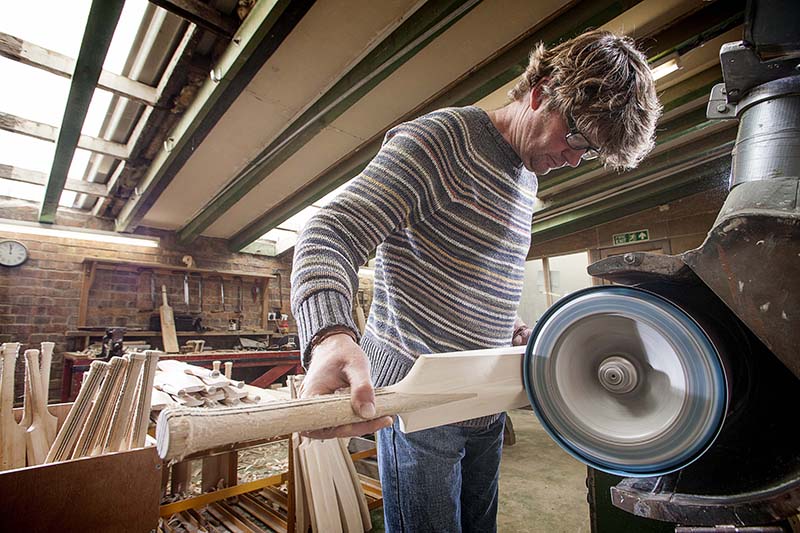
‘I just wanted to keep making bats and work closer to home. I made some bats and, thankfully, people wanted them.’
Every Salix is created from start to finish by hand and, despite demand consistently outstripping supply, Mr Kember is wary about expanding the business.
Sign up for the Country Life Newsletter
Exquisite houses, the beauty of Nature, and how to get the most from your life, straight to your inbox.
‘I’ve seen “handmade” companies move manufacturing overseas and it erodes the brand,’ he says.
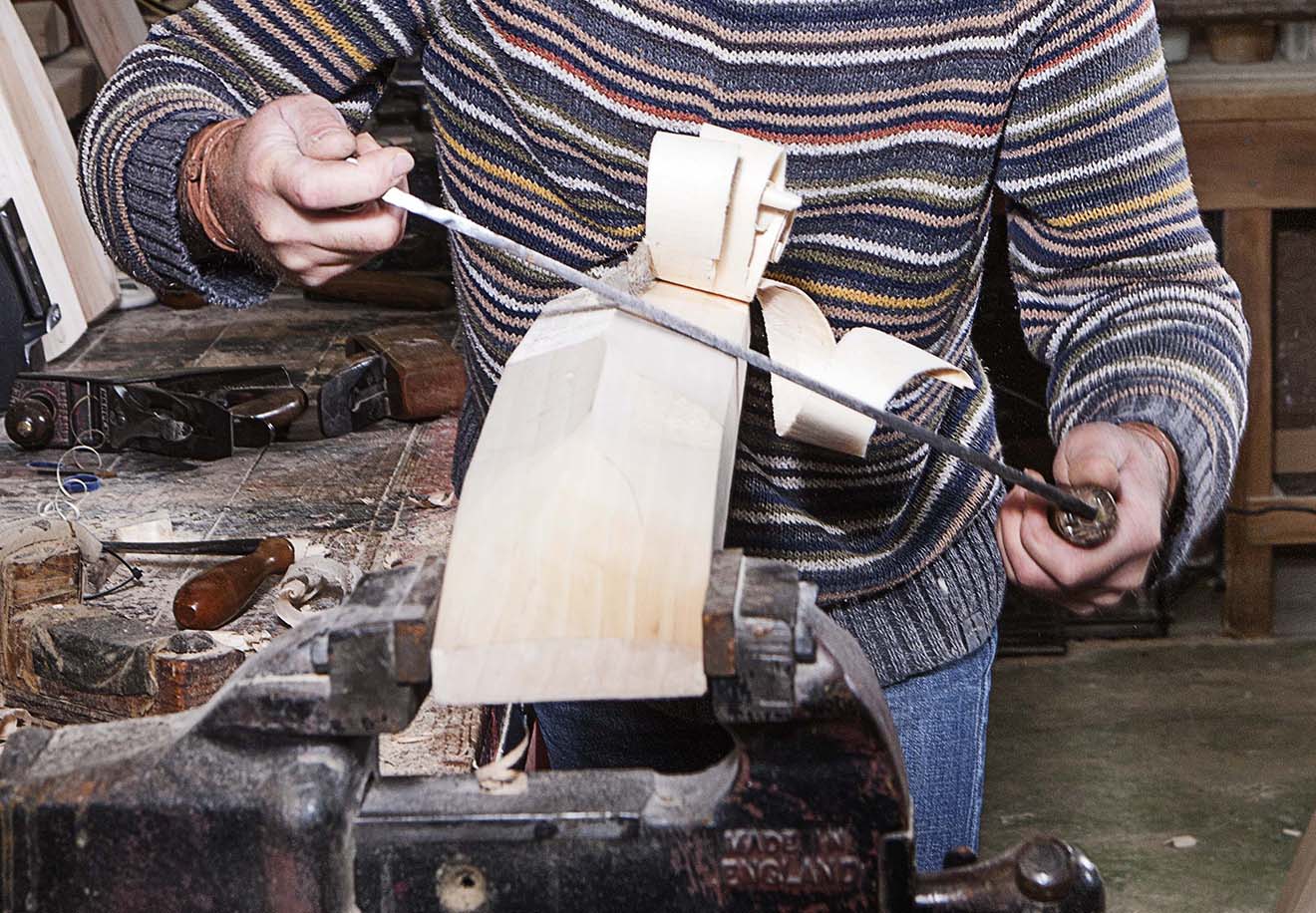
‘You have to keep the trust between the company and customer. It’s a craft, with so many processes and so many bits and pieces – people don’t believe it takes so much to achieve the final product. We don’t want to rush anything we do.’
The results speak for themselves. Stroll out to the crease with a Salix in your hand and 11 pairs of eyes will follow you. They all want one, but, like so many others, they’ll just have to wait.
Find out more about Salix at www.salixcricketbats.com and see more traditional British craftsmen and women at heritagecrafts.org.uk.

James Fisher is the Deputy Digital Editor of Country Life. He writes about property, travel, motoring and things that upset him. He lives in London.
-
 Alan Titchmarsh: 'It’s all too easy to become swamped by the ‘to-do’ list, but give yourself a little time to savour the moment'
Alan Titchmarsh: 'It’s all too easy to become swamped by the ‘to-do’ list, but give yourself a little time to savour the moment'Easter is a turning point in the calendar, says Alan Titchmarsh, a 'clarion call' to 'get out there and sow and plant'.
By Alan Titchmarsh
-
 Rodel House: The Georgian marvel in the heart of the Outer Hebrides
Rodel House: The Georgian marvel in the heart of the Outer HebridesAn improving landlord in the Outer Hebrides created a remote Georgian house that has just undergone a stylish, but unpretentious remodelling, as Mary Miers reports. Photographs by Paul Highnam for Country Life.
By Mary Miers
-
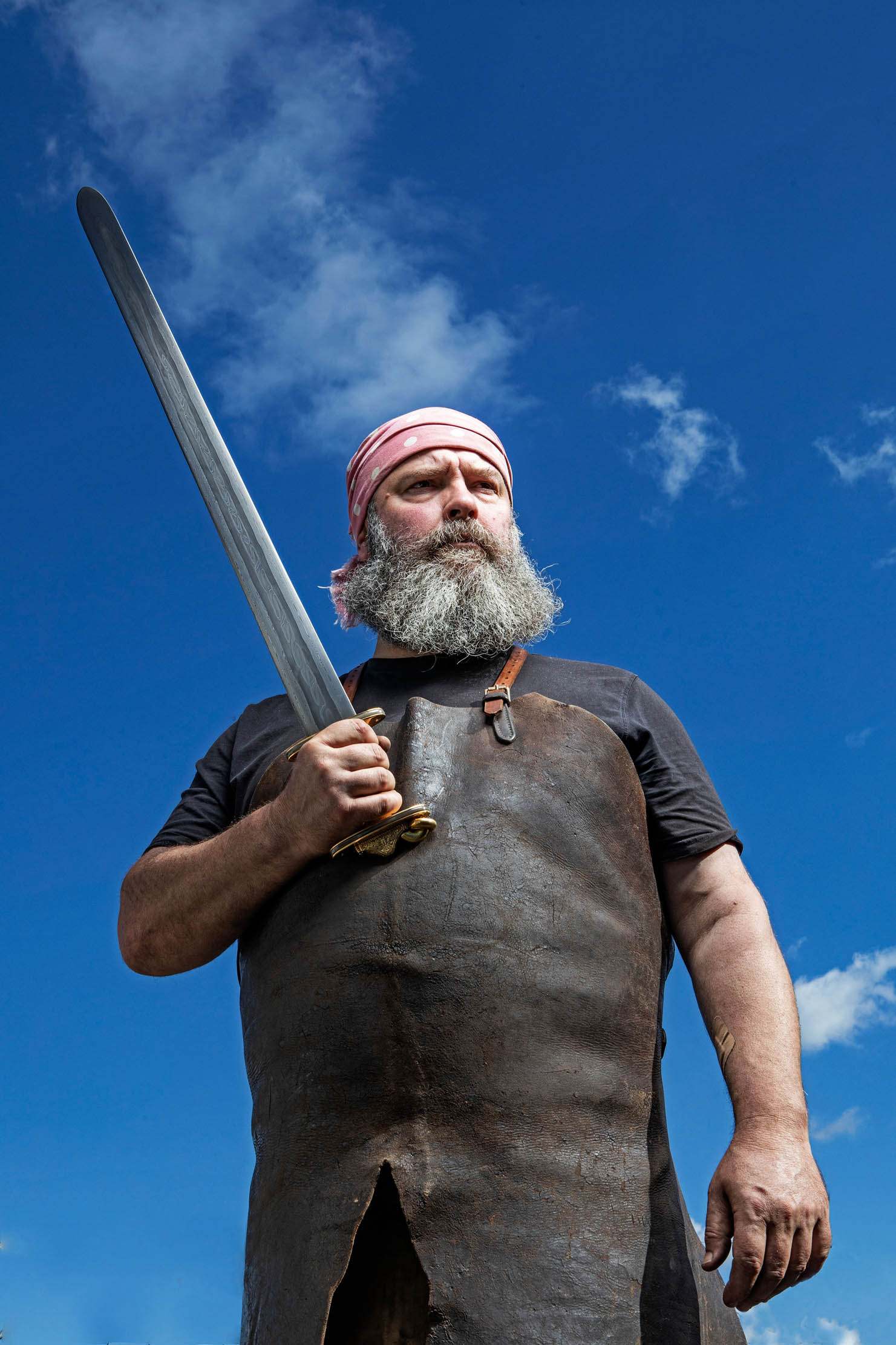 The 21st century sword maker: 'There’s something appealing about getting metal hot and smacking it with a hammer'
The 21st century sword maker: 'There’s something appealing about getting metal hot and smacking it with a hammer'Practising ancient techniques to craft modern heirlooms, bladesmith Owen Bush handmakes both decorative and practical knives or weaponry, each with their own personalities, says Claire Jackson — with some of his swords celebrities in their own right. Photographs by Richard Cannon for Country Life.
By Claire Jackson
-
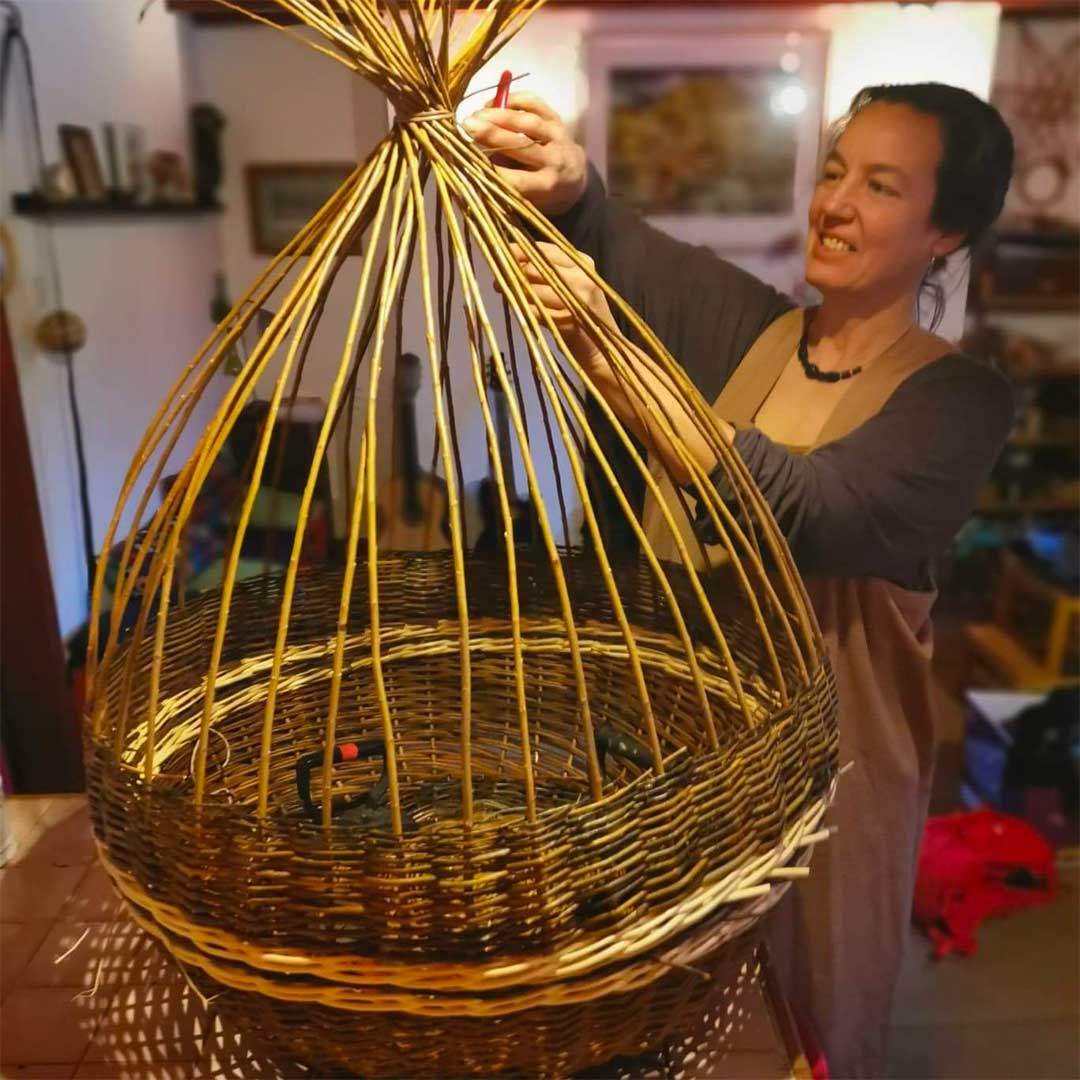 The secrets of the basket-maker: 'With a basket, you watch it grow before your very eyes'
The secrets of the basket-maker: 'With a basket, you watch it grow before your very eyes'Anna Stickland has woven a new career as a basket-maker; she spoke to Nick Hammond.
By Country Life
-
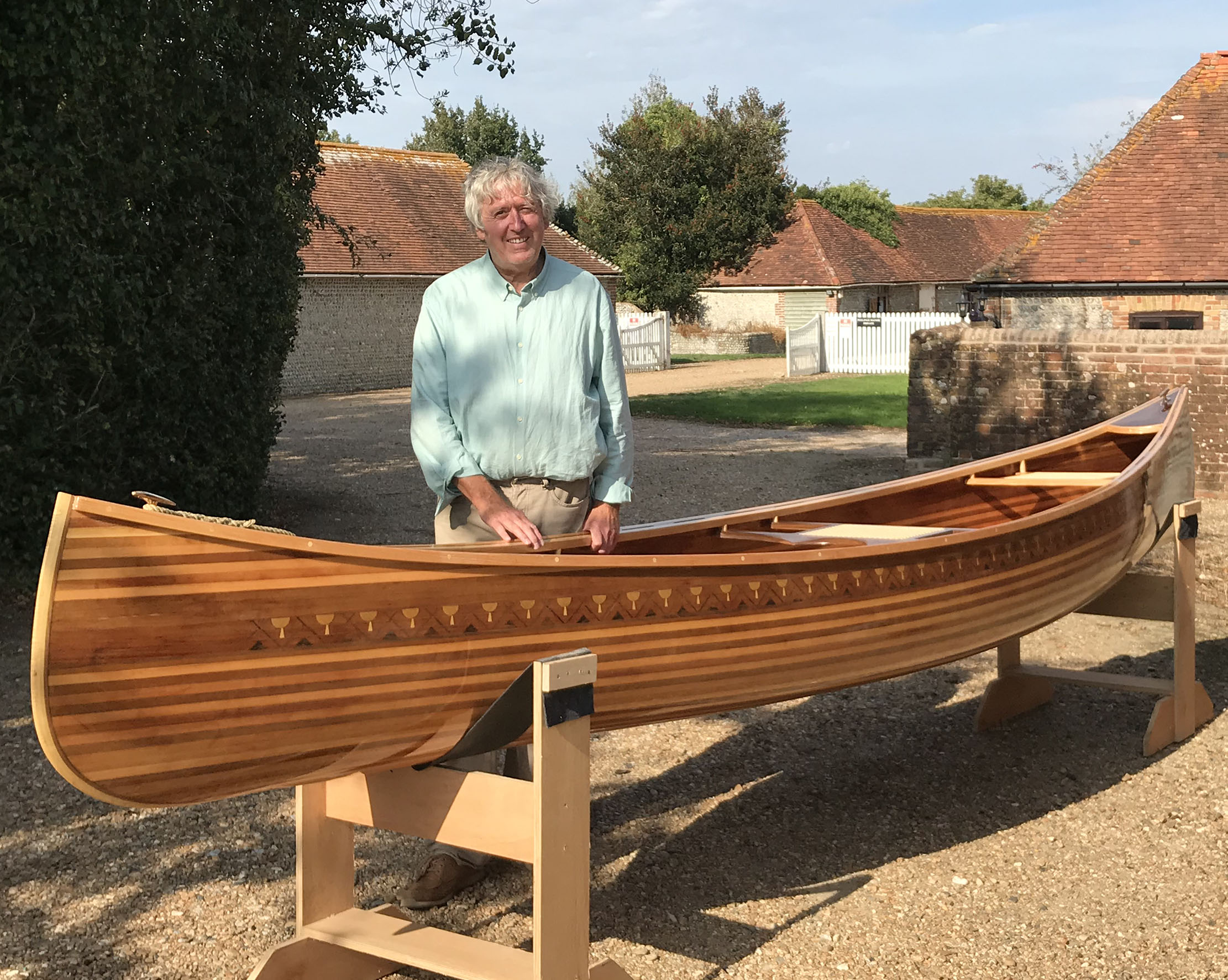 Where I Work: Huw Edwards-Jones, master craftsman and canoe maker
Where I Work: Huw Edwards-Jones, master craftsman and canoe makerThe ups and downs of 2020 didn't see Huw Edwards-Jones change where he worked, but it did change what he did: he's used the time to switch from creating beautiful hand-made furniture to spectacularly beautiful canoes. He spoke to Toby Keel.
By Toby Keel
-
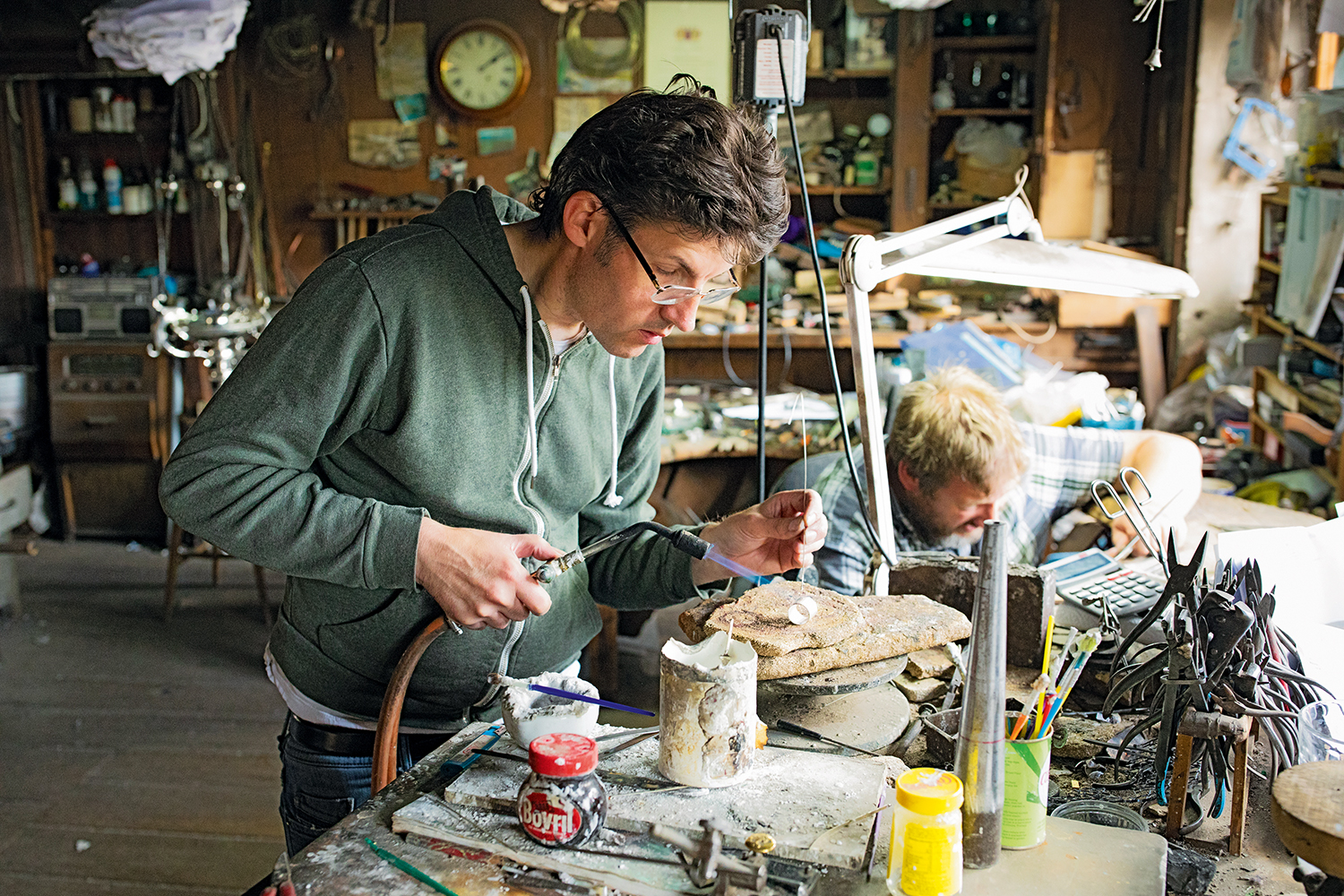 In Focus — The Cotswolds silversmith: 'We make beautiful works of art to last for hundreds of years'
In Focus — The Cotswolds silversmith: 'We make beautiful works of art to last for hundreds of years'Tucked away in an old Cotswolds silk mill, expert craftsmen harness a century of expertise to raise, planish and finish fine gold and silverware. Jeremy Flint visits Hart’s of Chipping Campden.
By Country Life
-
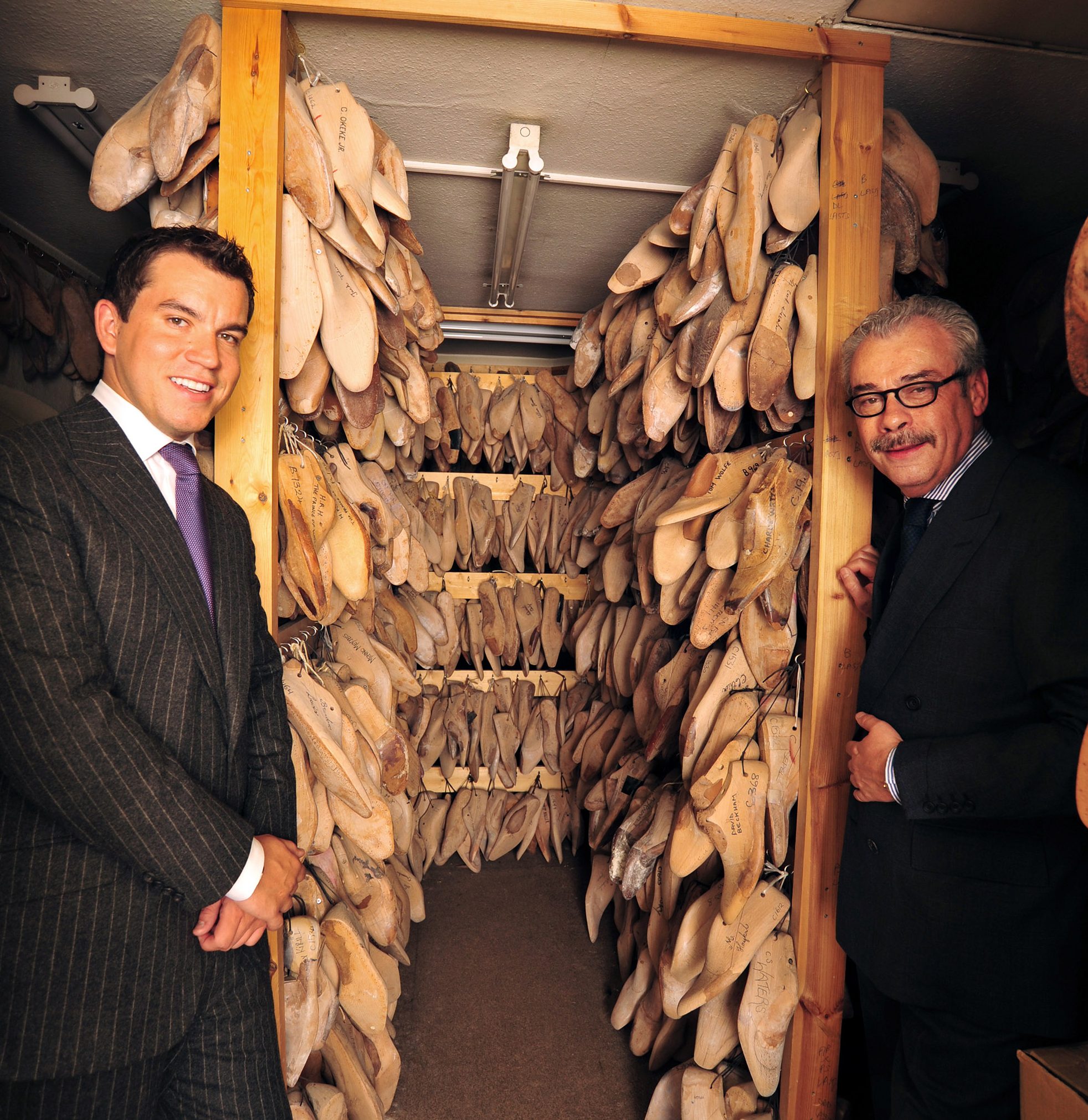 The master shoemakers who shod Churchill: 'Demand is through the roof, but it takes six to eight months to make a pair'
The master shoemakers who shod Churchill: 'Demand is through the roof, but it takes six to eight months to make a pair'The co-owners of bespoke shoe shop George Cleverley, father and son George Glasgow Snr and George Glasgow Jnr, talk to Hetty Lintell.
By Hetty Lintell
-
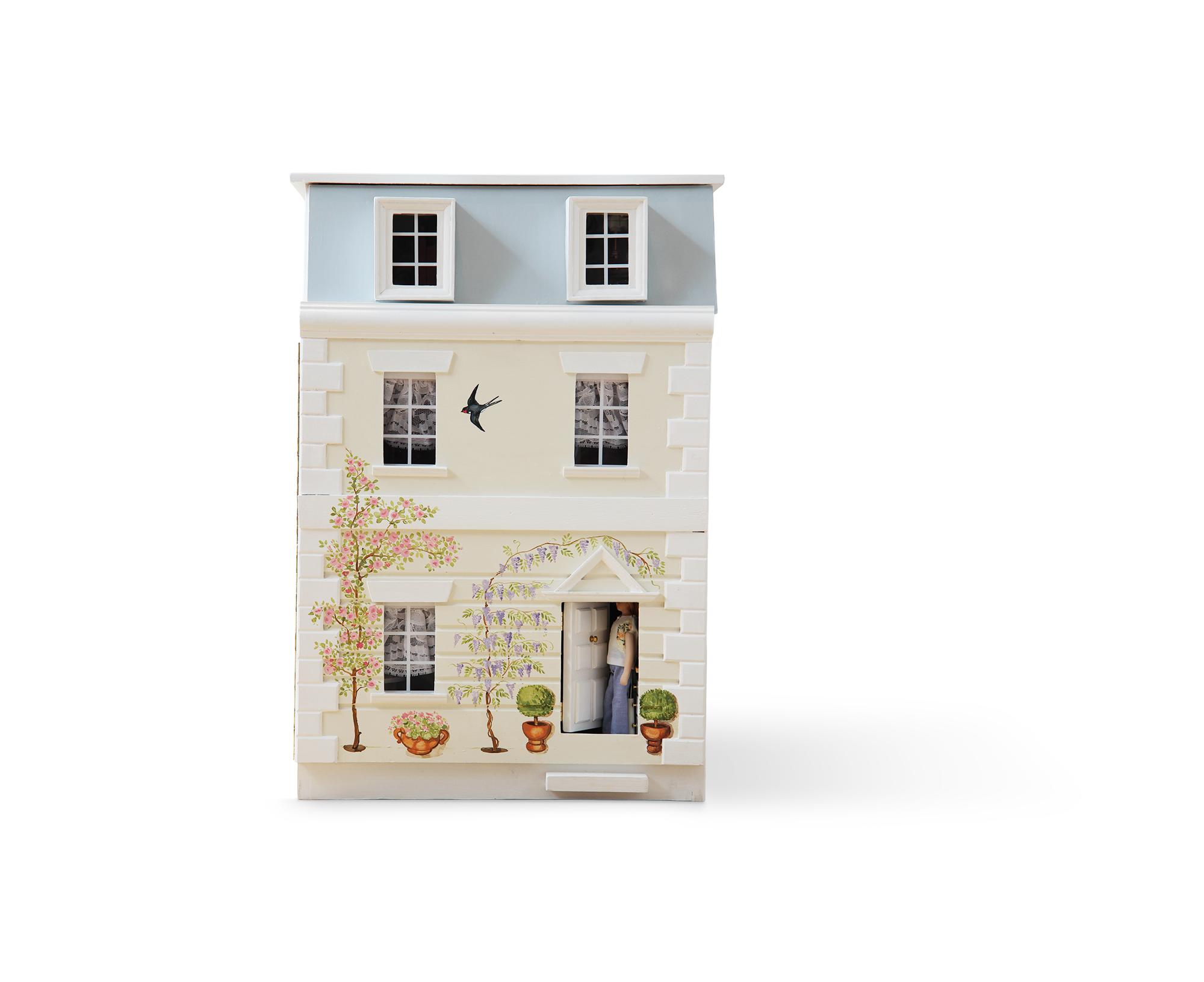 The dolls' house-maker: 'This is a place to capture the dreams of children and adults alike'
The dolls' house-maker: 'This is a place to capture the dreams of children and adults alike'Dragons of Walton Street have been making beautiful dolls' houses for four decades, and the company is still run by Lucinda Croft, the daughter of the founder. She spoke to Hetty Lintell.
By Hetty Lintell
-
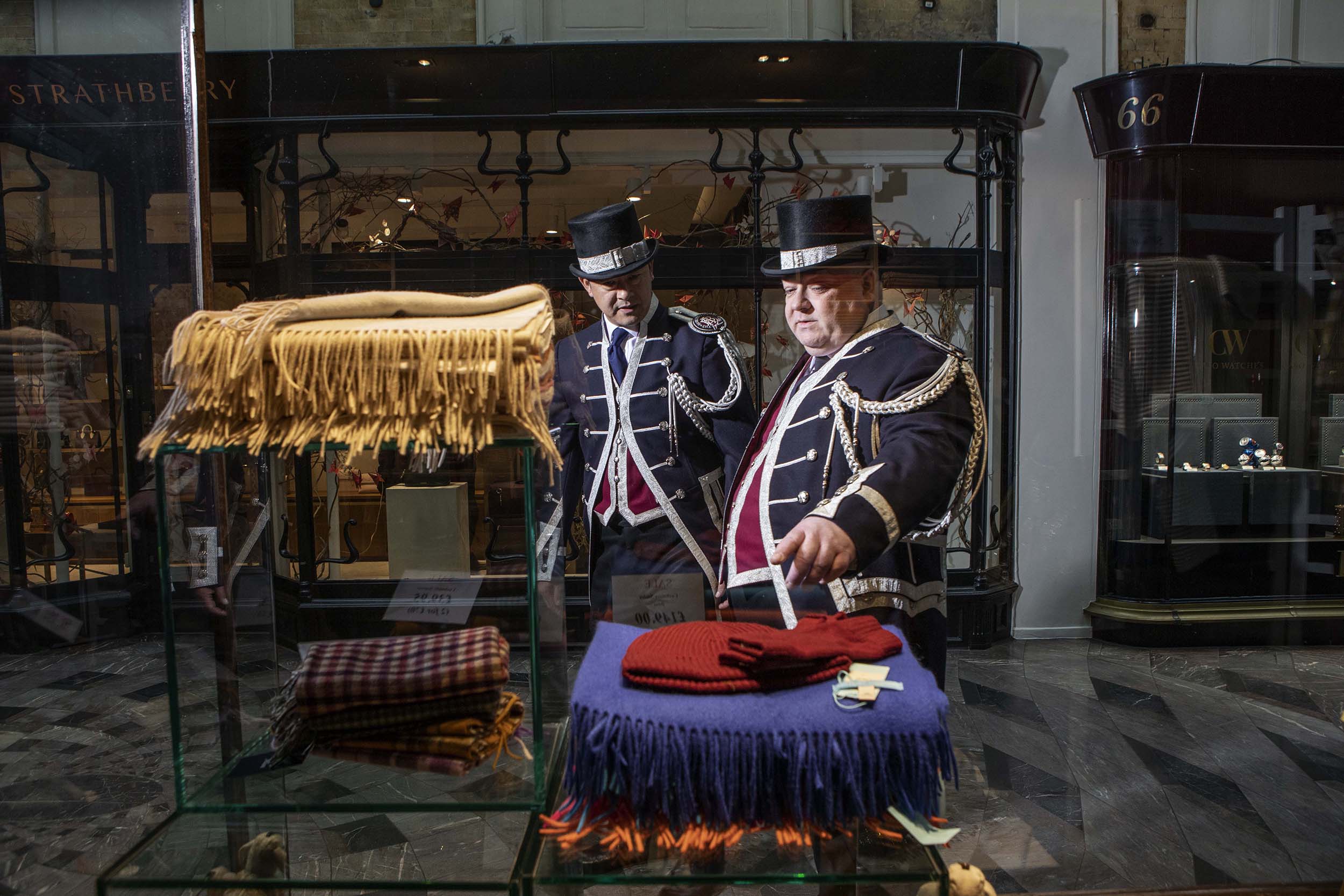 Meet the Beadles: The centuries-old private police force at Burlington Arcade, the world's swishest shopping mall
Meet the Beadles: The centuries-old private police force at Burlington Arcade, the world's swishest shopping mallThis week marked the 200th birthday of London’s Burlington Arcade. Adam Hay-Nicholls goes undercover with the Beadles, its private police force. With photographs by Richard Cannon.
By Country Life
-
 The bagpipe-maker: 'The older customers want me to make their pipes sharpish; they want to be sure they’re not dead before they get to play them!'
The bagpipe-maker: 'The older customers want me to make their pipes sharpish; they want to be sure they’re not dead before they get to play them!'Hours of intricate work are needed to craft a set of bagpipes. Kate Lovell spoke to bagpipe-maker Dave Shaw to find out how it's done.
By Country Life